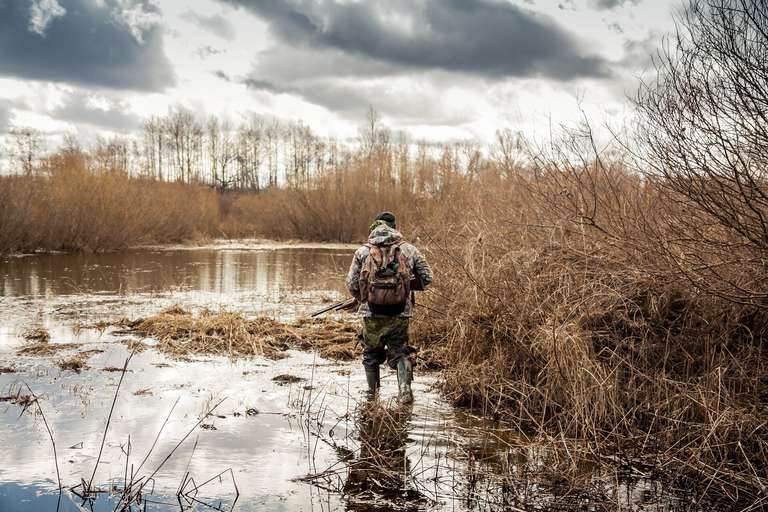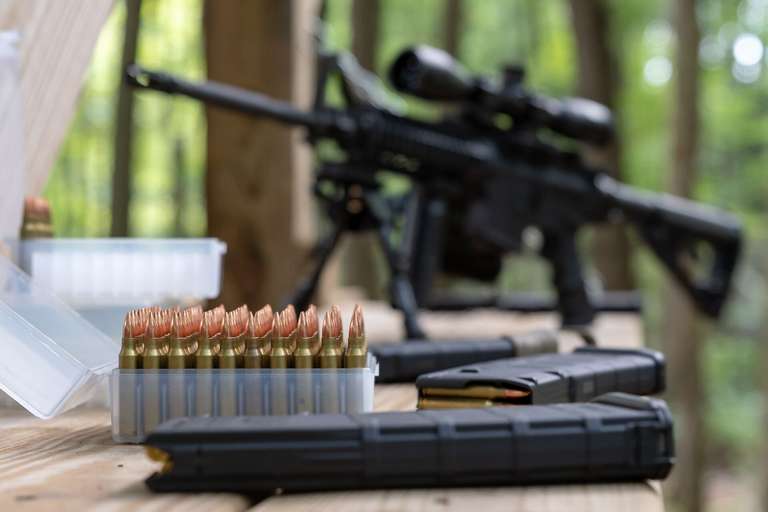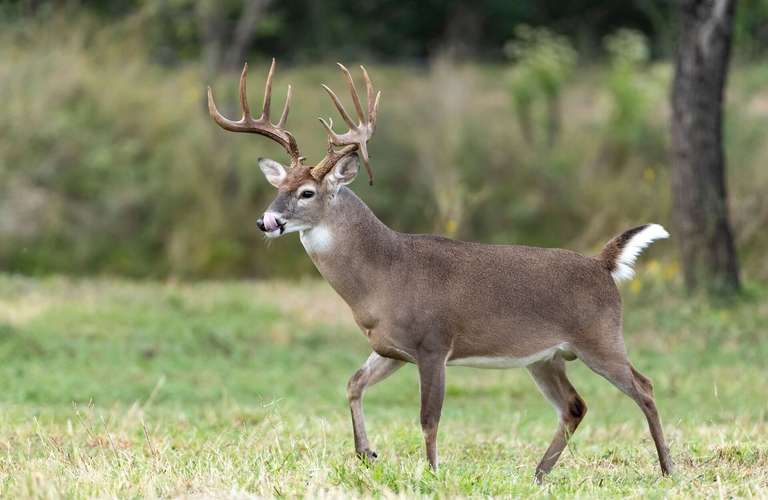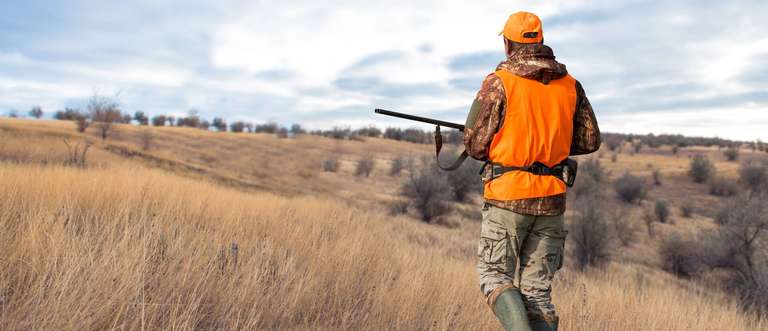Hunting Ethics and the Rules of Fair Chase Address

Ethics in hunting are what drives the sport's integrity and traditions.
Central to the ethics of many hunters is what the rules of fair chase address as guidelines that prevent hunters from gaining an undue advantage over their quarry. Understanding and adhering to how the rules of fair chase address human advantages is one way some hunters ensure a very ethical hunt.
Hunter ethics and fair chase are central components of hunter education and the focus of our blog today. So, keep reading to learn more about these concepts as part of becoming a better hunter.
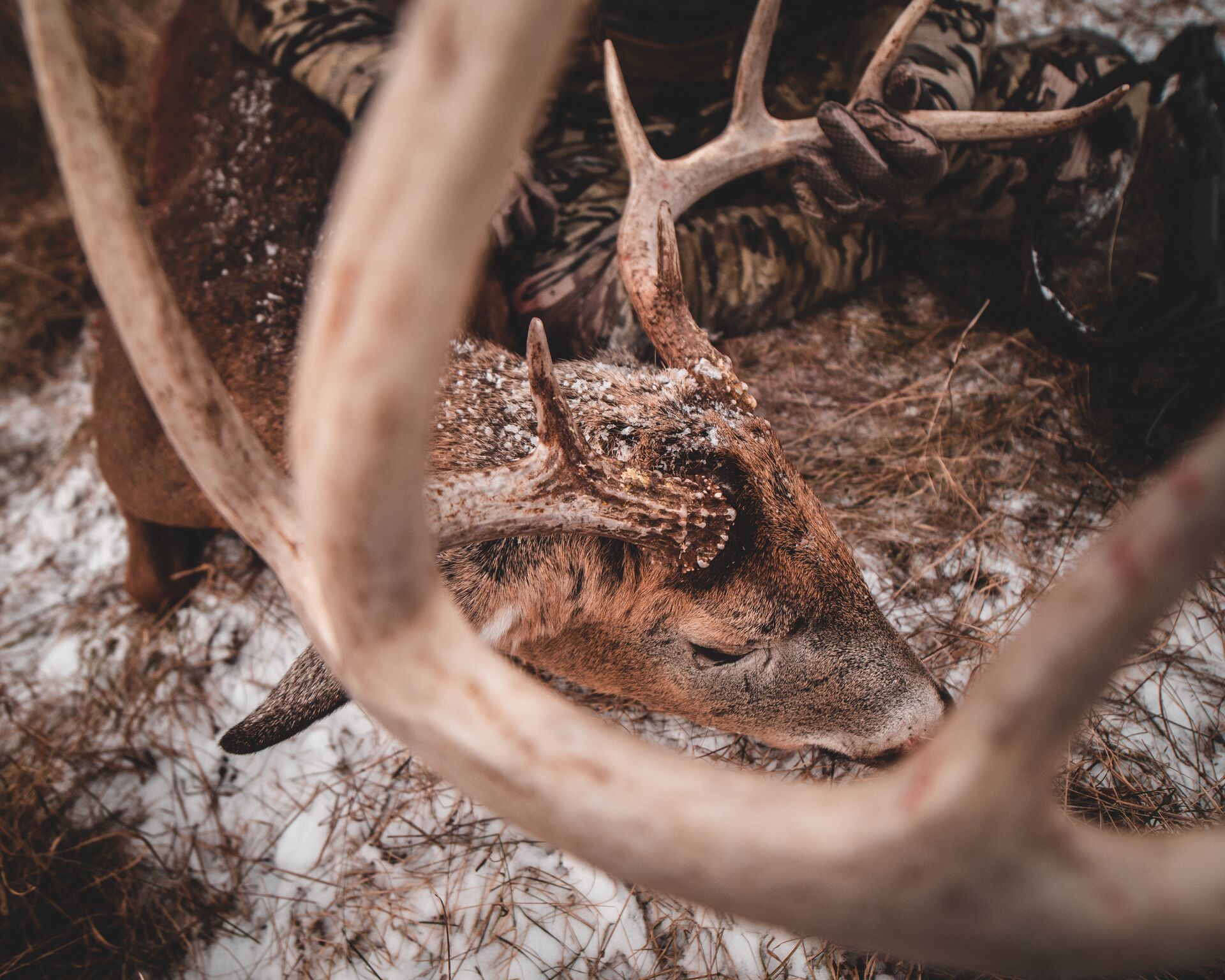
The Importance of Ethics in Hunting
Ethical hunting behavior boils down to respecting the animals, the environment, and fellow hunters. Good hunters strive to ensure that their actions contribute to wildlife conservation. They take responsibility for their actions and make choices that reflect a commitment to humane and fair practices.
Hunters have a shared understanding of our responsibility toward environmental stewardship. Ethical hunting isn't what you do when you think someone is watching. Hunting ethics address your behavior when you are sure no one is watching.
Defining Fair Chase
Fair chase is a principle that has been part of hunting for generations. It promotes hunts that respect the animal's ability to escape and survive.
Unlike other forms of hunting, where the odds are more heavily stacked against the animal, fair chase hunting ensures a level playing field. Unfair advantages through technology, baiting, or other methods may compromise the integrity of the chase.
A Historical Perspective
Fair chase has deep historical roots among conservationists and early hunting organizations. Seeing wildlife populations get decimated, Teddy Roosevelt and the Boone and Crockett Club were both among the early proponents of fair chase.
By advocating for ethical hunting practices that conserve wildlife and habitats, their influence helped shape modern hunting regulations and ethical standards. The groundwork of early conservationists is why hunting remains a respected and sustainable activity to this day.
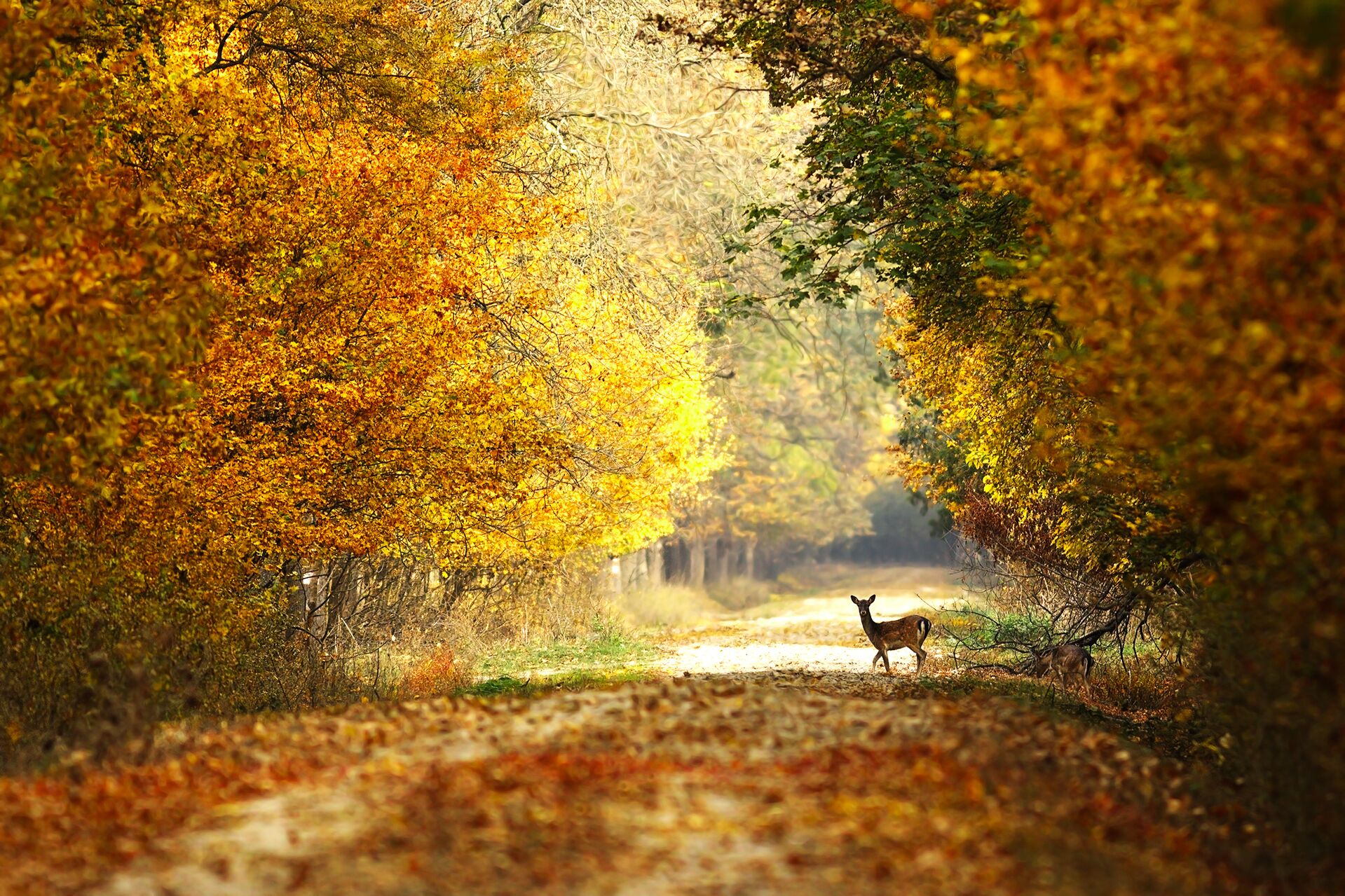
Core Principles of What the Rules of Fair Chase Address
At its core, fair chase emphasizes respect for the animal.
Of course, it begins with any kill being quick and humane, minimizing the animal's suffering. More than that, hunters should strive to allow the animal to use its instincts and innate abilities, creating a more challenging and rewarding hunt.
Fair chase hunters avoid using technologies or methods that give them an unfair advantage, such as drones or electronic calls. Some will even avoid the use of game cameras.
Fair chase hunters practice different ways of hunting, but all work to maintain the spirit of the hunt and want an experience that remains true to traditional practices.
Legal and Regulatory Compliance
A robust regulatory framework is essential for maintaining the balance of nature and conserving wildlife populations. Hunters should always follow local and federal hunting laws.
The Primary Aspects of Legal and Regulatory Compliance
The main parts of the regulatory framework include:
- Hunting Regulations: Hunters should always follow local and federal hunting laws. Know your season dates, bag limits, and approved hunting methods.
- Licensing and Permits: Getting the right licenses and permits is mandatory. This funding is the primary way hunters contribute to wildlife conservation efforts.
- Reporting Requirements: Many states make hunters report their harvests. The reported data is for wildlife population management.
By adhering to these guidelines, hunters help ensure the sustainability of wildlife populations.

Respect for Nature and Other Hunters
Practicing interpersonal and environmental respect is vital for limiting conflict and preserving hunting for future generations.
Environmental stewardship starts with the widely agreed-upon principle of Leave No Trace (LNT). Hunters should aim to leave the environment as they found it, minimizing any impact on the ecosystem. By protecting and preserving natural habitats, hunters encourage wildlife populations to continue growing.
Respect for fellow hunters includes acknowledging their space and privacy. It is essential to avoid areas where others are already hunting by looking for signs such as flagging tape and tracks. Maintaining a courteous attitude towards other hunters fosters a community of mutual respect and shared values, ensuring the sport remains enjoyable for everyone.
Ethical Decision-Making
Thoughtful decision-making in the field is the foundation of ethical hunting. It's about doing the right thing, even when no one is watching.
Make ethical choices, such as only taking shots when confident of a quick and humane kill. Hunters should avoid taking risky shots that might result in a wounded animal, although deflections from twigs can happen to most hunters eventually. In such cases, doing everything possible to recover the animal is your duty.
Continuous learning is also vital. Hunters should stay informed by talking with experienced hunters and learning about ethical hunting practices and conservation efforts.
And, of course, regardless of skill level, taking hunter education courses (like ilearntohunt) is an effective way to enhance knowledge and skills.
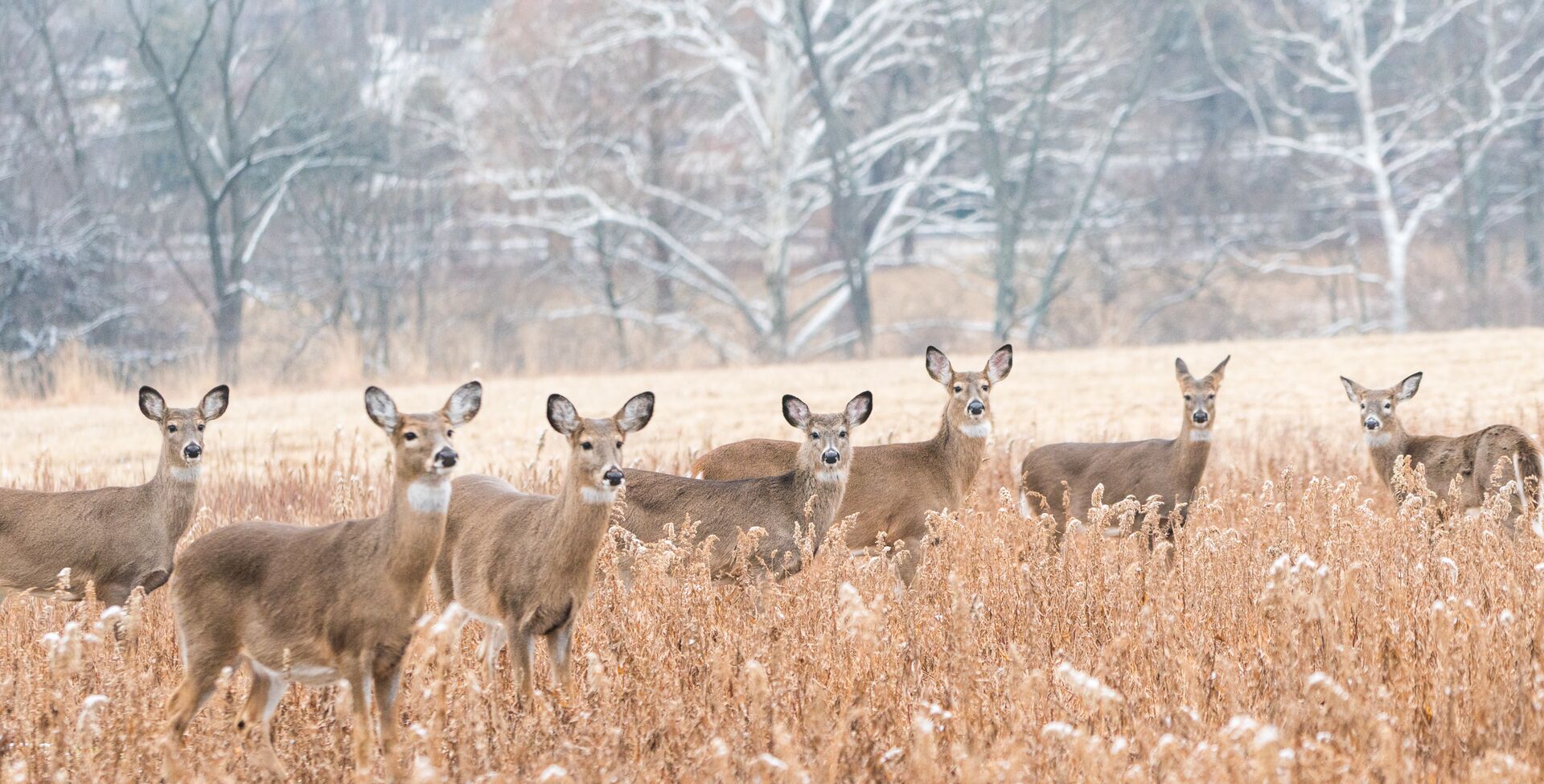
Conservation and Sustainability
Hunters are the linchpin of wildlife conservation and sustainable practices.
Regulated hunting helps control wildlife populations, preventing overpopulation and its associated problems. License fees and taxes on hunting equipment are the primary sources of funding for wildlife conservation programs in the United States.
Sustainable practices ensure the long-term sustainability of wildlife populations. Practice selective harvesting and learn when it is appropriate to harvest smaller bucks and when to pass on a shot. An ethical hunter also has the responsibility to support and participate in efforts to preserve and restore wildlife habitats.
By joining organizations that promote hunting for future generations, we can contribute positively to conserving wildlife and the environment.
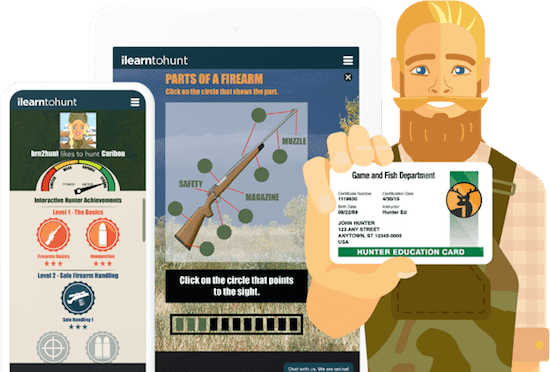
Learn More About Fair Chase and Safe Hunting Through Hunter Education
Understanding and practicing proper hunting ethics and the rules of fair chase are fundamental to preserving the integrity of hunting as a sport.
Ethical hunting is the only way the sport can remain sustainable, giving future generations a chance to enjoy the privilege of hunting. By following these simple principles, hunters can enjoy a more rewarding experience and leave a lasting legacy through conservation efforts.
In this blog, we've only scratched the surface of what hunters need to know for safe and ethical hunts. Taking a hunter safety course through ilearntohunt can help you learn more about safety, shooting, survival, and ethical essentials to help you have more success in the field.
You'll learn about ethical hunting practices, safety, and conservation — gaining the confidence to be a successful hunter. Plus, our courses are online and presented in gamified format, making it easier to retain information and more enjoyable to learn!
So, before your next hunt, choose the course for your state and start learning.

